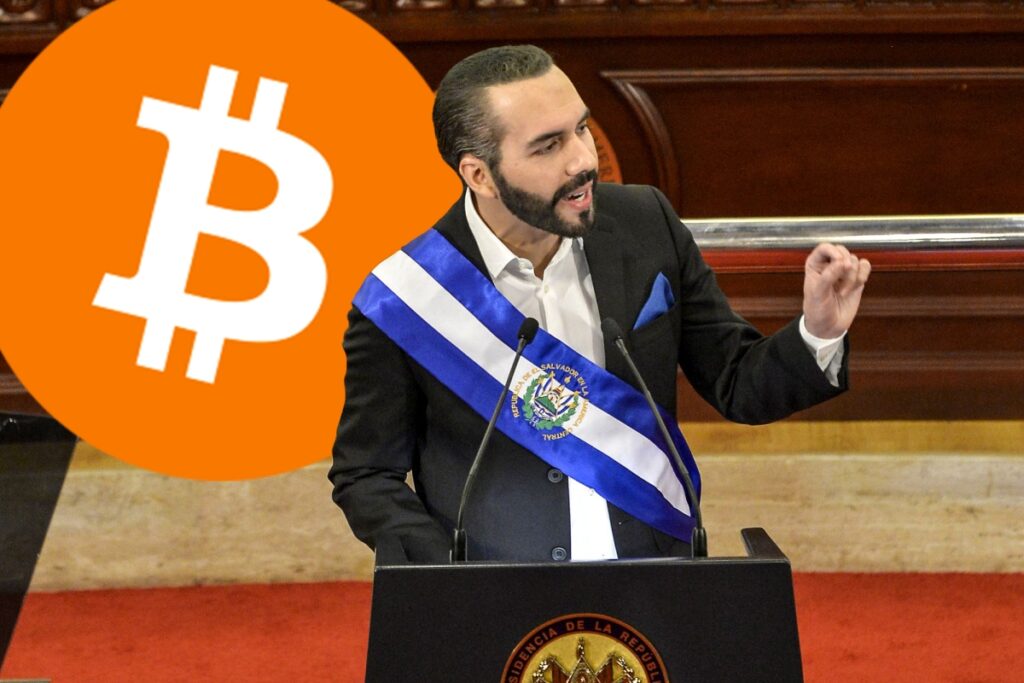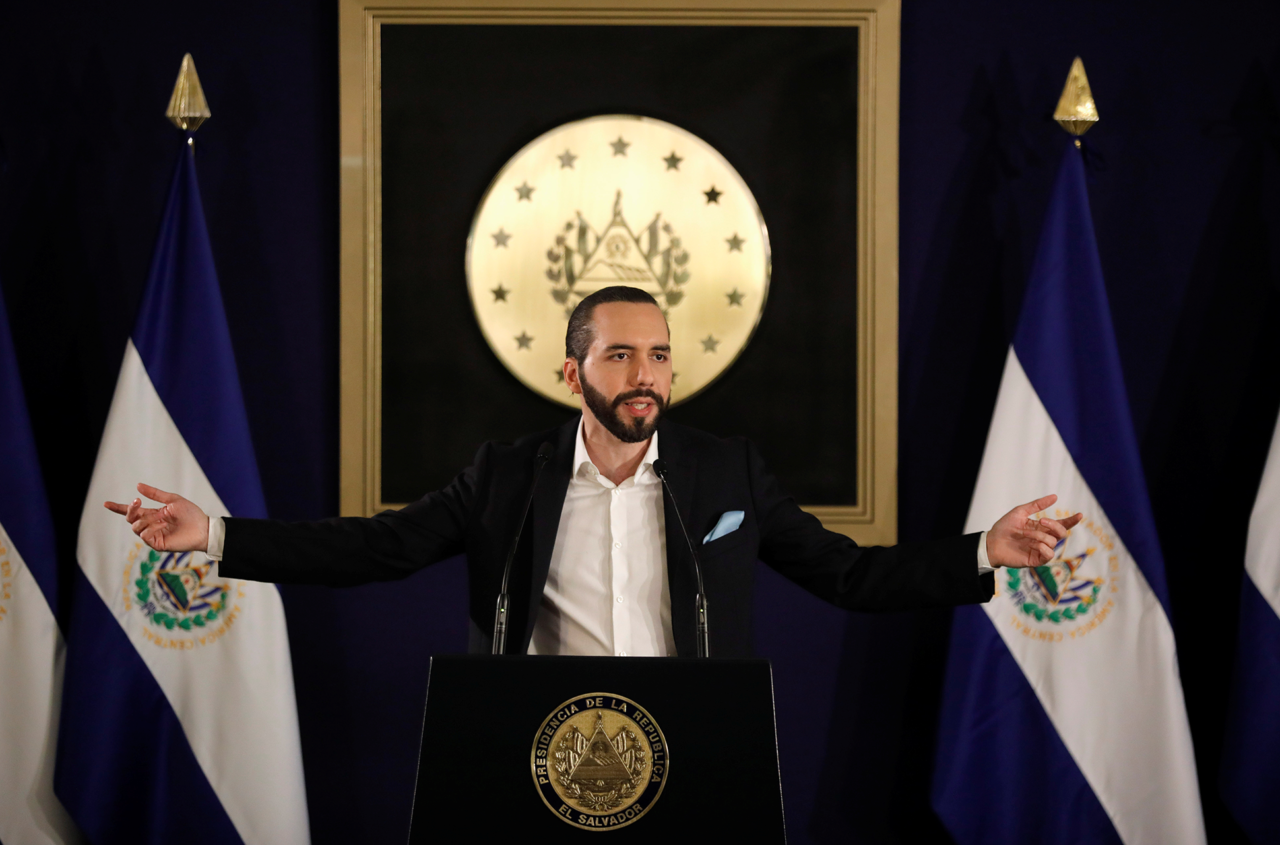It had been a while since Nayib Bukele, the president of El Salvador, had not made bombastic announcements about Bitcoin; but he has returned to the ring. It is that the president announced on Twitter that, from today, the Central American country will buy 1 BTC per day. A measure that seems destined to deepen its commitment to cryptocurrency, despite the drop in its price so far in 2022.
Bukele did not give more details about his plan, but he quickly found supporters to play along. Justin Sun, creator of the Tron network, announced that he will follow in the footsteps of the Salvadoran president and make daily purchases of one Bitcoin to allocate them to the Tron DAO Reserve, the decentralized autonomous organization behind the USDD stablecoin.
El Salvador became in 2021 the first country to adopt Bitcoin as legal tender, which operates in parallel to the US dollar. Although the measure generated a lot of curiosity at first —and was cheered by the crypto ecosystem— it has also been the source of great criticism.

El Salvador became in 2021 the first country to adopt Bitcoin as legal tender, which operates in parallel to the US dollar. Although the measure generated a lot of curiosity at first —and was cheered by the crypto ecosystem— it has also been the source of great criticism.
First of all, the secrecy of Nayib Bukele about the use of state funds to buy BTC is questioned. The addresses of the cryptocurrency wallets where the Salvadoran Bitcoin is stored are still unknown, which threatens the transparency of the project. It is that by keeping them hidden, their balance sheets and movements in the blockchain are prevented from being audited.
We are buying one #Bitcoin every day starting tomorrow.
— Nayib Bukele (@nayibbukele) November 17, 2022
But this is not all. The records of the money used to buy the cryptoactive have not been published either, which raises even more doubts. In fact, Finance Minister Alejandro Zelaya acknowledged late last year that a portion of El Salvador’s Bitcoin holdings had again been exchanged for dollars. But he did not explain how much he had been affected by that determination.
Nayib Bukele wants to deepen El Salvador’s commitment to Bitcoin
El Salvador approved in June 2021 the adoption of Bitcoin as legal tender. The measure came into effect in September of that year, under the premise of helping to solve the nation’s economic problems. Let us bear in mind that, until then, it was estimated that 70% of the population did not have access to banking or traditional financial services.
In addition, the Central American country is the one that depends the most on sending remittances in Latin America, and it is estimated that in 2021 they have represented more than 26% of its gross domestic product. And the high costs of transferring money from other countries —the United States, mostly— made Bitcoin a more than attractive proposition to reduce costs and eliminate intermediaries.
Bukele’s original bet was also found with a bullish scenario in the BTC price, which in November of last year reached its all-time high of $69,000. However, from there the price has gone down, to currently stand at $16,600 at the time of writing the article.
Salvadoran holdings in BTC remain a mystery

How much Bitcoin does El Salvador currently own? It is difficult to know for sure, due to the aforementioned lack of clarity. The only announcements on the matter have been made through the Twitter of Nayib Bukele, who has also promised to install a “Bitcoin city” and use the geothermal energy of volcanoes to mine the cryptocurrency.
If the Salvadoran government actually bought the amount of Bitcoin it claims to own, its balance today should be around 2,381 BTC. And although the purchases have been made at different times in the last twelve months, and, therefore, under different prices, it is estimated that he has paid an average price of $43,000.

